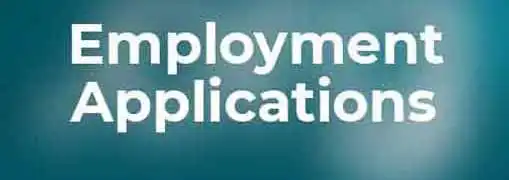Hiring Employees
Hire Right
Hiring the right employees is a key component of small business success. But what does it mean to "hire right"? And how can your business improve your hiring processes? We've got the information you need to staff your business with the best possible workforce.
Without good employees, your company wouldn't stand a chance of achieving your goals and strategic objectives.
It's clear that great employees are a prerequisite for business success. But few employers appreciate the fact that the battle for great employees is won or lost based on their ability to hire right.
Companies who "hire right" have a clearly defined hiring process that culls out the most qualified candidates from the rest of the pack. It's a series of best practices that are uniformly applied to all of the company's hiring activities, creating a systemic approach to the business' staffing needs. When a company makes a commitment to hire right, they dramatically increase the odds of success because they automatically improve the quality of their workforce.
There is not a one-size-fits-all formula for effective hiring. Instead, you'll need to design your own standardized hiring process based on your company's unique business requirements and a general hiring process that incorporates the following steps.
- Create a job description. Hiring right begins with creating an accurate job description for the position that needs to be filled. Some business owners neglect this step - and pay the price later when the new hire can't perform necessary job functions.
- Select an interview team & process. Select a team of managers and possibly peer-level workers to interview candidates. After your team is in place, discuss the process you will use to screen resumes and schedule interviews.
- Advertise the opening. There are many online and offline outlets for advertising job openings. Focus your efforts on job sites that are frequented by industry professionals and the types of applicants you are trying to attract.
- Conduct interviews. Next, it's time to start conducting interviews. It's common for the interviewing phase of the process to last several weeks (or even months) and to include several rounds of interviews. Just keep in mind that unusually long interview processes increase the risk of losing good candidates to other employers.
- Convene an interviewer meeting. After each round of interviews, you'll need to convene your interviewer team to determine which candidates should move on to the next round. Ultimately, the interviewer team will make recommendations about the applicant they think you should hire.
- Make a decision. When everything is said and done, someone needs to make a hiring decision. Clearly identify the decision maker early in the process to avoid confusion later on.
Share this article
Additional Resources for Entrepreneurs



Conversation Board
We greatly appreciate any advice you can provide on this topic. Please contribute your insights on this topic so others can benefit.